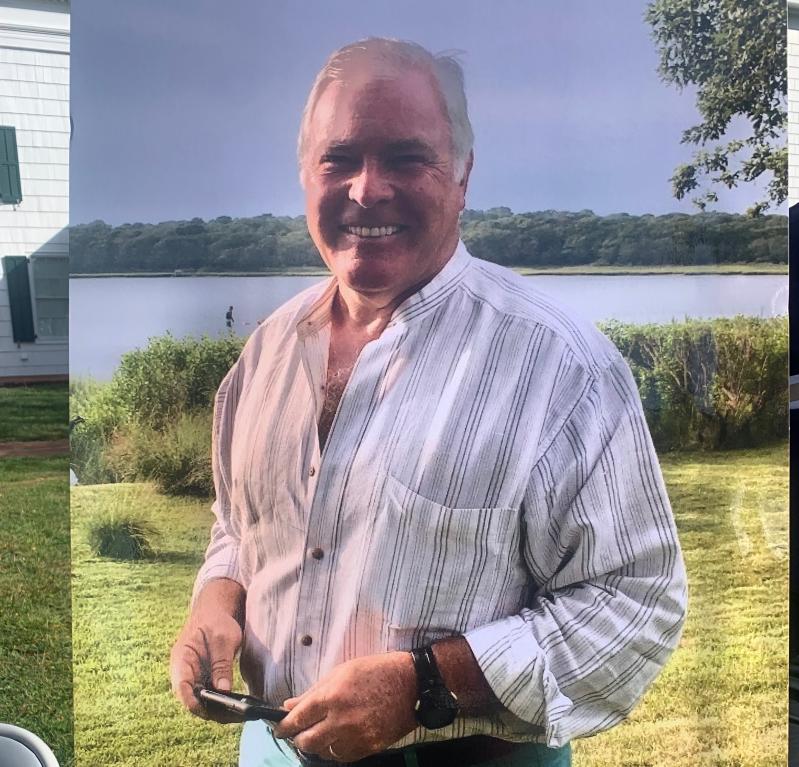Before we get to the drinking life at the top of Manhattan, the local angle: Peter Walsh, restaurateur and raconteur, poet and playwright, singer and actor, organizer and activist, scholar and gentleman, three years ago presented new research he’d done on the 1876 wreck of a 280-foot freighter called the Circassian off a Mecox beach. The disaster ended up killing 28 men — ship’s crew and salvage crew — among them 10 full-blooded Shinnecocks. As the historian Arthur Davis, who was one of their own, later wrote, this forever changed the face of the tribe.
Walsh, who died in April, spoke at the time in a program of the Bridgehampton Museum, of which he was a board member, at the Nathaniel Rogers House, which is where, and which is why, a resurrected Potato Hampton 5K was run in his honor on Sunday, on a day when the sun shone down, the traffic was almost nil, the course traced the shape of a flag and flagpole through the hamlet streets, past, yes, some still-extant farmland, though not much, more of it for equestrian purposes, and then the inevitable giant houses, but even they couldn’t mar the vistas along the lengthy straightaways.
And the post-race coffee and bananas were delicious.
Further on Walsh, fans of the Hampton Library, a stone’s throw down Main Street, might recall his 2023 appearance there with one Jon Michaud, who had just come out with his “Last Call at Coogan’s: The Life and Death of a Neighborhood Bar.” Your faithful correspondent recalls it, because he was there, and one thing he recalls wondering was who was more of a hero, Michaud, a New Jersey librarian who spent four years meticulously researching and writing about this invaluable Washington Heights drinking and dining institution, or his interlocutor, Walsh, who lived it, as part owner and artistic driving force behind the establishment for 30 years.
The Saturday afternoon before that Sunday morning 5K I finished another race — one against a self-imposed deadline to read every word of this essential book — and let me just say that the “neighborhood” part is the crux of it, as Coogan’s brought together Irish, Dominicans, and Blacks, off-duty cops and policed residents, karaoke singers and medical workers from New York-Presbyterian Hospital (the landlord, it so happens), as well as politicians of state, city, and still more local levels to hammer out solutions to problems that simply would not have been dealt with otherwise.
A massive rent increase nearly killed Coogan’s. It took the Covid pandemic to finish it off. It was a quick death, over within three months, though certainly not painless.
I happened to walk right by the place after watching my daughter run at the nearby Armory track in March of 2023. Dark, shuttered, an empty bar and tables, stacked chairs.
It was sad. It was more than that. It was wrong.

